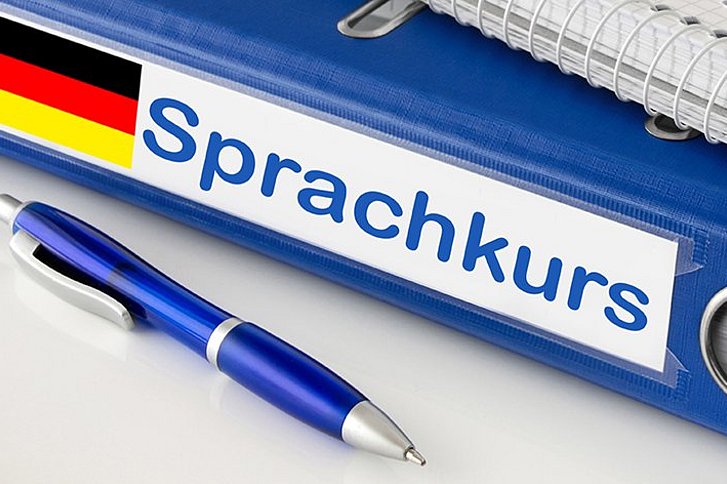a) Goethe B2 and Telc B2 (general German)
These two exams are equivalent; the central exam categories (reading, listening, writing) are identical. However, there are differences in the specific types of examination tasks. It is important to take a look at the sample exams of both providers beforehand and choose one of them when preparing for the exam.
b) Goethe Test Pro for nursing professionals and telc German B1/B2 for nursing staff (technical terminology)
These exams are technical language exams designed specifically for nurses working in geriatric and patient care. This exam is also recognised by the authorities. Compared to the general B2 exams, it is sometimes considered a bit “more difficult”, which is why many nurses prefer the general Telc or Goethe exam.
Note: If you have to take a knowledge test as part of your recognition procedure, you will definitely need the technical language contents. In that case, it is advisable to prepare for a “German for nursing staff” exam right away.
Examination providers
If you cannot take the B2 exam directly with your teacher or in your language school, you need an external examination provider. In that case, ask your teacher or language school to find out which providers are suitable and offer a suitable exam.
You can also search the Internet for suitable providers yourself:
 © Foto: PhotoSG - stock.adobe.com
© Foto: PhotoSG - stock.adobe.com






